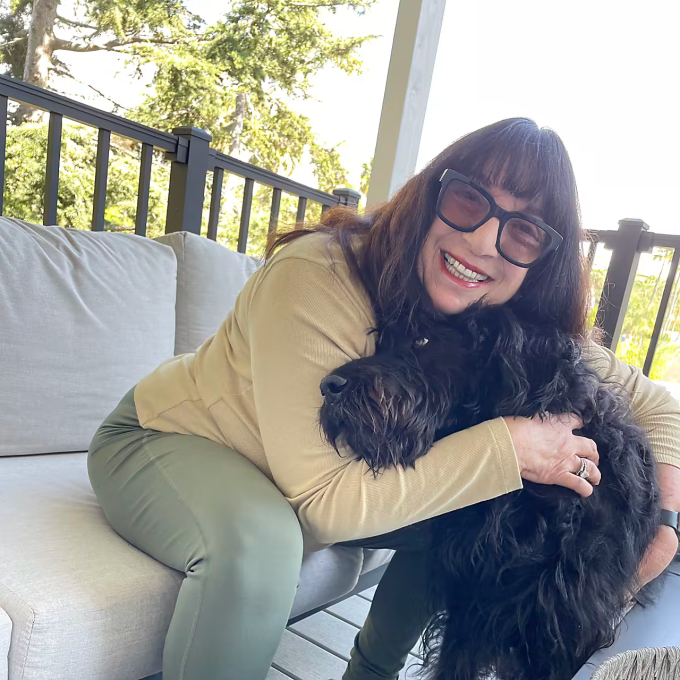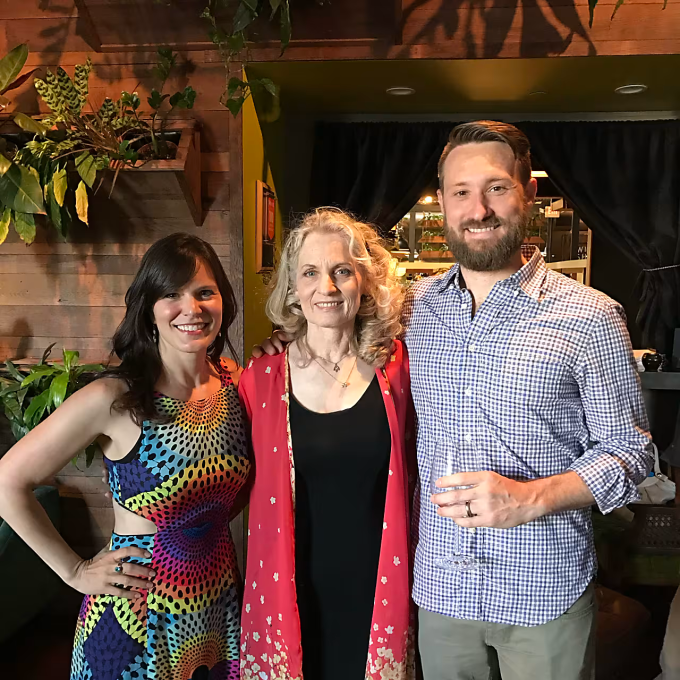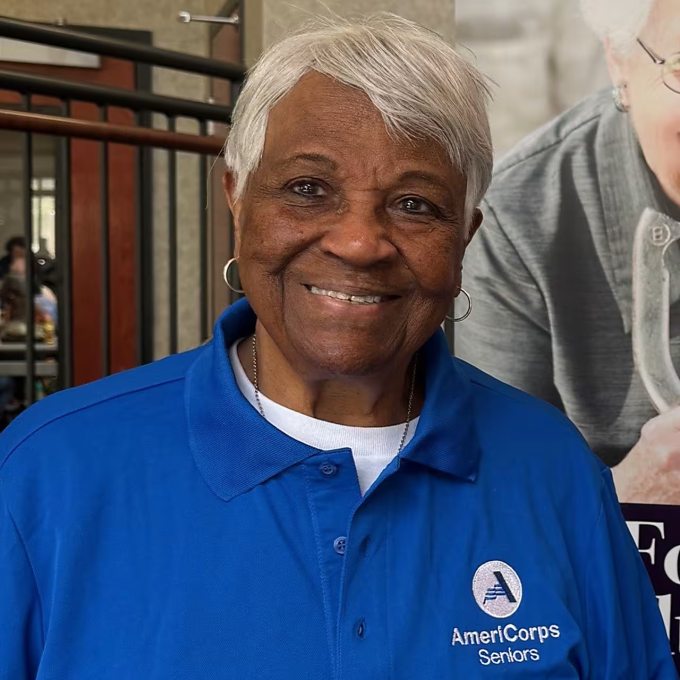The childless lifestyle of many Americans is changing society in many ways, including the experience of aging.

About 35% of older Americans aged 50 to 90 will have no grandchildren by 2023, according to census data from the National Center for Family & Marriage Research.,Bowling Green State University. In 2018, the rate was 30%.
“I’m jealous,” Ann Brenoff, 74, admitted recently as she and her friend shopped for baby supplies for their soon-to-be-born grandchild. Ann’s two children, both in their 30s, say they don’t want children.
“I want to tell my grandchild family stories. I want him to have memories of me,” said Ann, a retired journalist living in San Diego, California. Because they can’t be grandparents, many people like Ann view their pets as grandchildren.
According to federal data, there will be fewer babies born in the United States in 2023 than at any time since 1979. The reasons vary. Some young adults, struggling with housing costs and student debt, don’t know how to afford child care or don’t see children as a fit for their career goals. Others simply don’t want children, or are scared off by political divisions, climate change and rising expectations of parenthood.
That leaves their parents with regrets. "Most people grow up with at least one grandparent, so you take it for granted, it's part of family life," said Rachel Margolis, a professor at the University of Western Ontario who studies aging and grandparenting.
That's what Monica O'Connor, 67, thought. When her only child got married 16 years ago, she offered to live nearby so she could care for him. But her son, Dominic, now 43, and his wife, Laura, 45, didn't want children.
Over time, she was forced to accept and change her mind. Now, Monica, who lives in San Luis Obispo, California, is grateful that her children are healthy and happy, but she still regrets not being a grandmother, so she is close to her sister's grandchildren.

Not everyone is as open-minded as Monica. Kathy McCoy, a marriage and family therapist in the Phoenix area, recalls a male client who revealed that his mother offered to pay to reverse his vasectomy because she wanted to hug her grandchildren.
When Barbra Williams Cosentino, 72, meets people her age, the topic of conversation is grandchildren. They also ask her if she has any grandchildren. "It's always a little stab in the heart to say 'No,'" says Williams Cosentino, who lives in New York.
She admitted to feeling jealous when she saw pictures of her friends with her granddaughter on Facebook and regretting that she was married but had no children. Because of this, she always felt that there were fewer people to love in her life and fewer happy milestones to celebrate, such as her granddaughter’s first birthday, kindergarten graduation, and the first time she wore lipstick.
Not everyone has the opportunity to become a grandparent in the traditional sense, but they can play a grandparent-like role in a child’s life, said Atalaya Sergi, national director of AmeriCorps Seniors, an organization that runs a foster grandparent program. AmeriCorps Seniors provides these opportunities, and many have filled the void.

Elnora Terry, 84, lost her only child in the 1990s. As the years passed, Terry, who is divorced, missed her and felt lonely. "The older I get, the more it bothers me," said Terry, who lives in Nashville.
A friend connected her with a foster grandparent program at a child care center in June 2012, and Terry has been there ever since. The children at the center call Terry “Grandma,” and they draw pictures of her that she posts around the house.
"My life is full," she said.
TB (according to VnExpress)